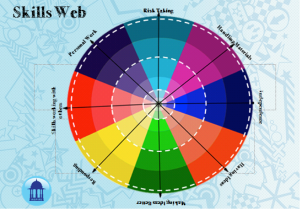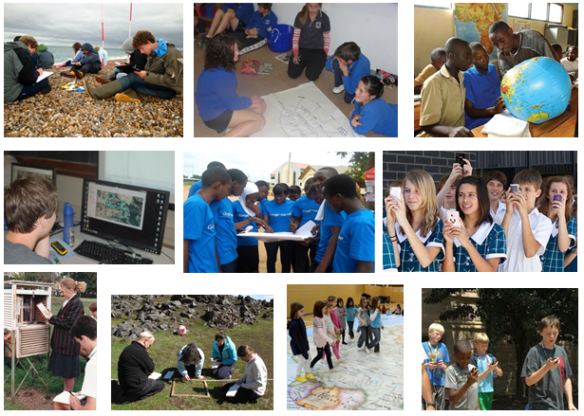How do you assess the development of geographic skills?
Before you start, my aim with this post is to provoke and ask more questions. I’m not an expert, and I don’t even have a beard….
We all work within the confines of formal examination systems, but how do you develop geographical skills as well as knowledge and understanding? If you choose to develop skills, which skills are developed? What are the informed by? Why those skills? How do you identify and measure skill progression? How are these skills taught – in isolation or embedded within a geographical context?
These questions go to the heart of what it is that makes a good geographer. In my view, the teaching of irrelevant or poorly defined skills or skills constrained toward examination technique only, are responsible for much of the bad geography lessons I have seen over the past five years. I think that it is vital to teach skills alongside content, but how should this be done and how can it be measured?
We had the Personal Learning and Thinking Skills framework in the UK but skills without a strong geographical context is the wrong approach. Why subject children to a ‘map skills’ unit when map skills can be developed in other ways?
Are there any skills that uniquely geographical? We improved the quality of geographical writing at Priory by teaching in the same way as English colleagues – using the same rules and techniques. Therefore, should geography departments be making links to other parts of the curriculum to enable children move away from assimilative learning, which they then struggle to apply to other disciplines, toward transcendent learning? Should we as ‘teachers of children’ focus on furnishing our charges with the skills needed to succeed in later life rather than subject specific skills?
At my current school, the Art department are developing a skills web, a way in which to track skills development. Colleagues at Priory Geography have also started the process of developing this skills web. Consider the following – are they on the right lines? What could be added?
Designed by Patcham High School’s Art Department



